
LATEST NEWS
SIPOL® SpA AT SPS ITALIA 2025
April 17, 2025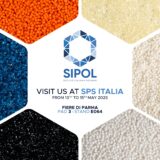
SIPOL® SpA AT MECSPE 2025
March 31, 2025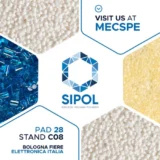
SIPOL® SpA AT Lineapelle 2025
February 17, 2025
SIPOL® SpA at FAKUMA 2024
April 17, 2024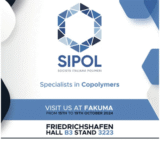
SIPOL® SpA at LINEAPELLE Winter 25·26
April 15, 2024
SIPOL® SpA at LINEAPELLE Summer 25
March 17, 2024
SIPOL® SpA at LINEAPELLE Winter 24·25
February 10, 2024
SIPOL® SpA at PLAST 2023
May 8, 2025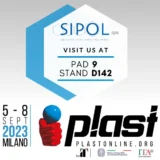
SIPOL® SpA at LINEAPELLE Summer 24
May 8, 2025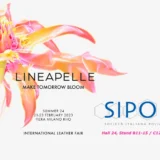

SIPOL® SpA at LINEAPELLE Winter 23/24
May 8, 2025
SIPOL® SpA at MECSPE 2022
May 8, 2025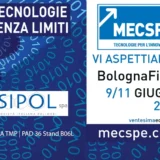
OK COMPOST HOME
May 8, 2025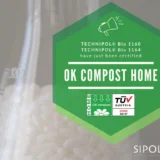
SIPOL® SpA at LINEAPELLE 2022
May 8, 2025
“Circular” co-polyesters
May 5, 2025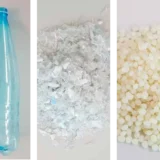
Wide-ranging investments for SIPOL® SpA
May 5, 2025
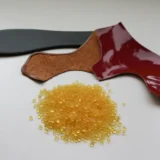

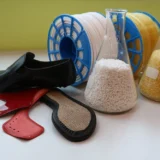
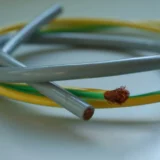
TPC-ET with enhanced crystallization rate
May 5, 2025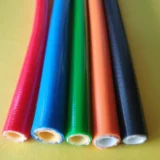
Sustainable evolution
May 5, 2025
Review materials 2016
May 5, 2025
A macromolecular combination
May 5, 2025
SIPOL® SpA announces new investments
May 5, 2025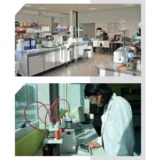
New products at SIPOL® SpA
May 5, 2025
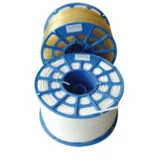
High security adhesives
May 5, 2025
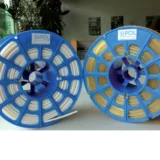
SIPOL® SpA “tailor made” polymers
May 5, 2025
Sipol® SpA Società Italiana Polimeri Competence in speciality copolyesters and copolyamides
May 5, 2025

